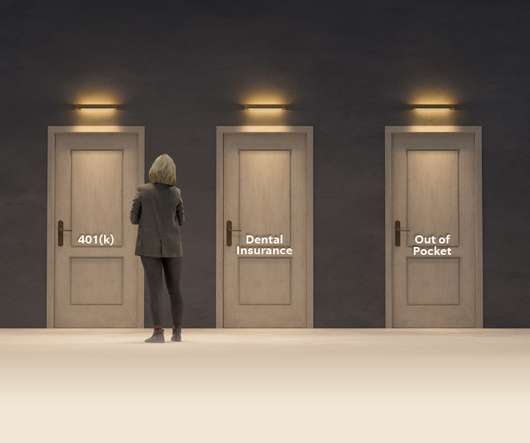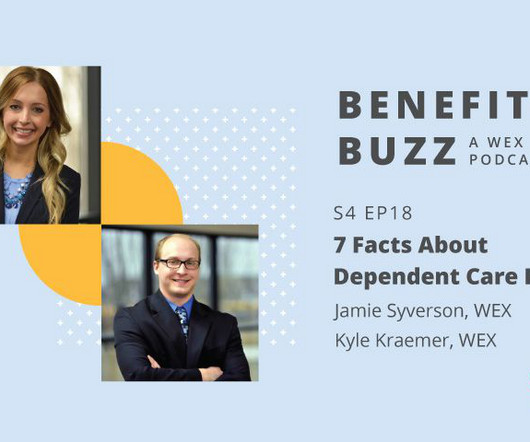Flexible Benefit Plans Give Employees More Options
InterWest Insurance Services
MARCH 22, 2022
Employers fund these flexible benefit plans with funds that are deducted from their employees’ salaries on a pre-tax basis. Since the salary reductions are not received by the employee, they are not considered wages for income tax purposes. Flexible spending account. Set-up and tax implications.


















Let's personalize your content